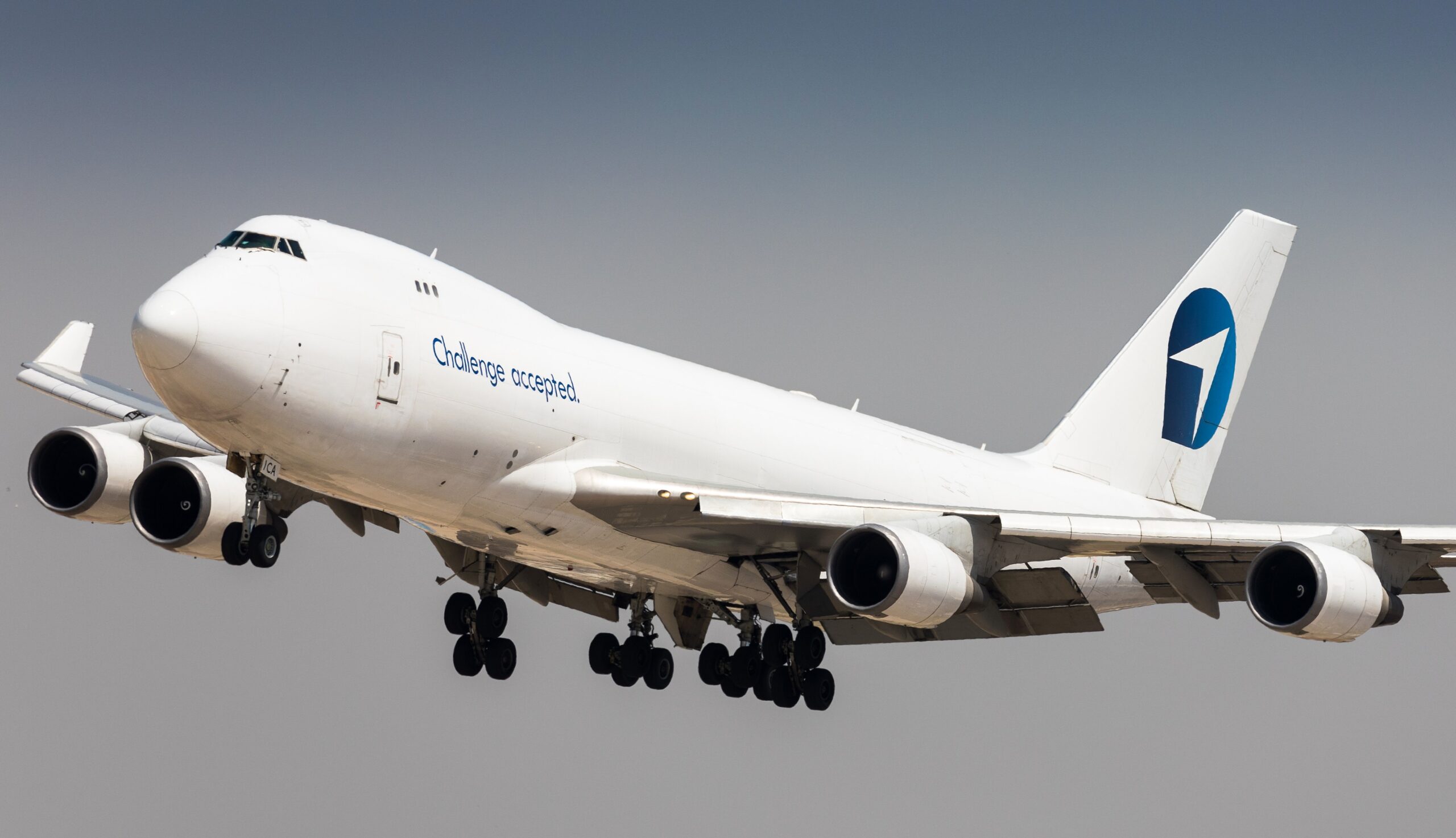Taking up the sustainability Challenge

Challenge Group is embracing sustainability and modernising its aircraft fleet as it looks to the future of the business.
The Malta-headquartered international air cargo conglomeration currently has a fleet of four Boeing B747-400Fs.
Israel-based airline Challenge Airlines IL operates two of the four-engined B747-400Fs.
And Belgium-based airline Challenge Airlines BE also operates two of the freighters.
But now Challenge Group is updating its fleet as the air cargo industry faces pressure to invest in more efficient and sustainable aircraft in line with global decarbonisation efforts.
Israel Airports Authority planned to introduce a ban on four-engined aircraft from its airports by March 31, however in September last year it reversed this decision.
Then in October last year, Challenge Group became the first customer for the B767-200/300 conversion programme launched by Israel Aerospace Industries (IAI) in cooperation with MRO Avia Prime Group, taking place in the premises of Avia’s Belgrade-based subsidiary, JAT Tehnika.
Challenge is due to receive its first converted two-engine B767-300 in April, following which it will receive another three aircraft – one every three months.
“We launched the production line in Belgrade. That’s why the first conversion will take a little bit more time than normal,” says Challenge Group chief executive Yossi Shoukroun.
The Group is also investing in up to six two-engine B777-300 conversions with IAI.
It has already purchased three B777-300 ER passenger planes and hopes to purchase a further two or three for conversion.
“The plan is to start the conversions in 2025-26,” says Shoukroun.
Expanding routes
The potential routes for the future B777 freighter conversions are as yet undecided, but the first B767 conversion that will join the Group will be used on short-haul routes, for example, Liege – Tel Aviv, explains Shouikkroun.
The 767s may also be used for longer haul routes to East Asia and Africa although there are no firm plans in place yet.
Expanding the reach of Challenge in East Asia builds on the Group’s existing presence in China.
Meanwhile, Africa is also attractive for the e-commerce market opportunities it offers, says Shoukroun.
“We are looking at Africa, especially now we have launched the Maltese AOC. We aim to connect Europe via Malta to Africa for the e-commerce market.”
Challenge is also looking at increasing its presence in North America.
“Currently we’re operating to JFK, Atlanta and Houston. We’d like to add some frequencies,” confirms Shoukroun.
“It’s not a secret that we are looking to establish our North American hub exactly like we have at Liege.
“Hopefully the location will be decided at the end of this year or next beginning of next year.”
End-to-end logistics
As well as Challenge Airlines IL and Challenge Airlines BE, Challenge Group owns Challenge Airlines MT in Malta, which operates a fleet of two B767-300ERs and completed its first flight in November.
The Group also includes commercial arm Challenge Air Cargo in Malta; ground handling company Challenge Handling in Liege, Belgium; European road feeder provider Challenge Logistics in Liege; Malta-based aircraft and parts leasing division Challenge Aviation; and maintenance subsidiary Challenge Technic, with sites in Iceland, Belgium, and Cabo Verde.
Shoukroun says Challenge Group’s ability to provide a “wider logistics solution” enables it to better weather a potential overcapacity storm.
Rather than being a traditional cargo operator, the Group aims to provide “a tailor-made end-to-end solution” utilising its logistics network in Europe, and aims to do the same in North America.
The majority of its shipments comprise complex cargo projects – e.g. pharmaceutical and dangerous goods
As well as having three AOCs, it has commitments with other carriers on their capacity.
“We tailor the solution on behalf of the customer. We start by flying the cargo, continue by handling, sorting and dispatching it to the end solution – sometimes with customs clearance in between.”
This business model approach proved useful during the height of the pandemic when pressure on supply chains reached critical crunch points.
“Our commercial mixture means we can adapt ourselves to markets changes,” stresses Shoukroun.
As well as its sustainability-driven expansion plans, Sustainable Aviation Fuel (SAF) might be a bigger focus for Challenge Group in the future.
Asked whether Challenge is working with any other organisations on SAF production facilities, Shoukroun says the Group is currently “looking into it seriously”.
Currently working on its sustainability plan, the business is considering carbon offsetting and is a firm believer in SAF.
“I feel good about SAF. And I believe in it. We will reach the point where SAF will be produced at a decent level.
“As long as it can be mass produced I think that in the end SAF will be even cheaper than what the current fuels cost, but we need to find a way and find a place.”
